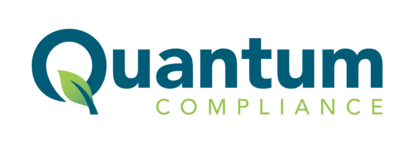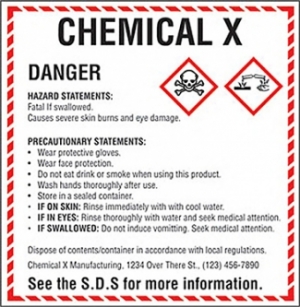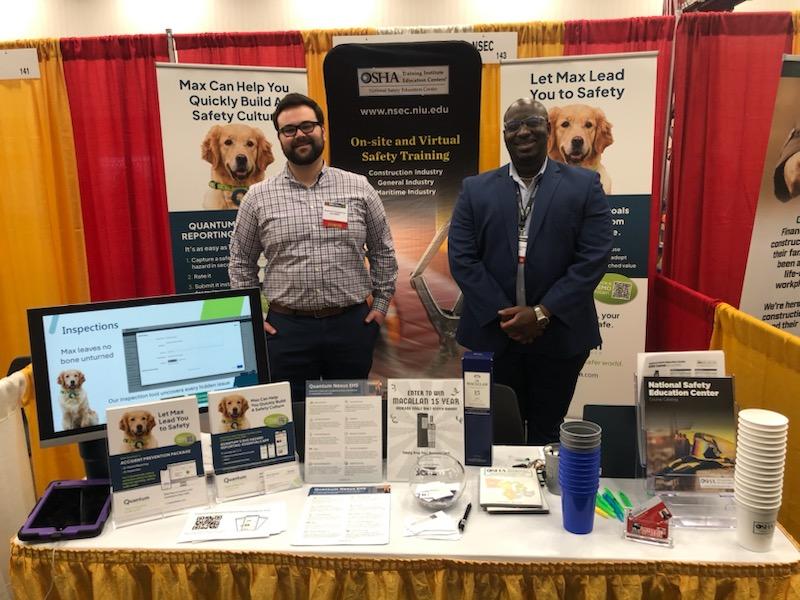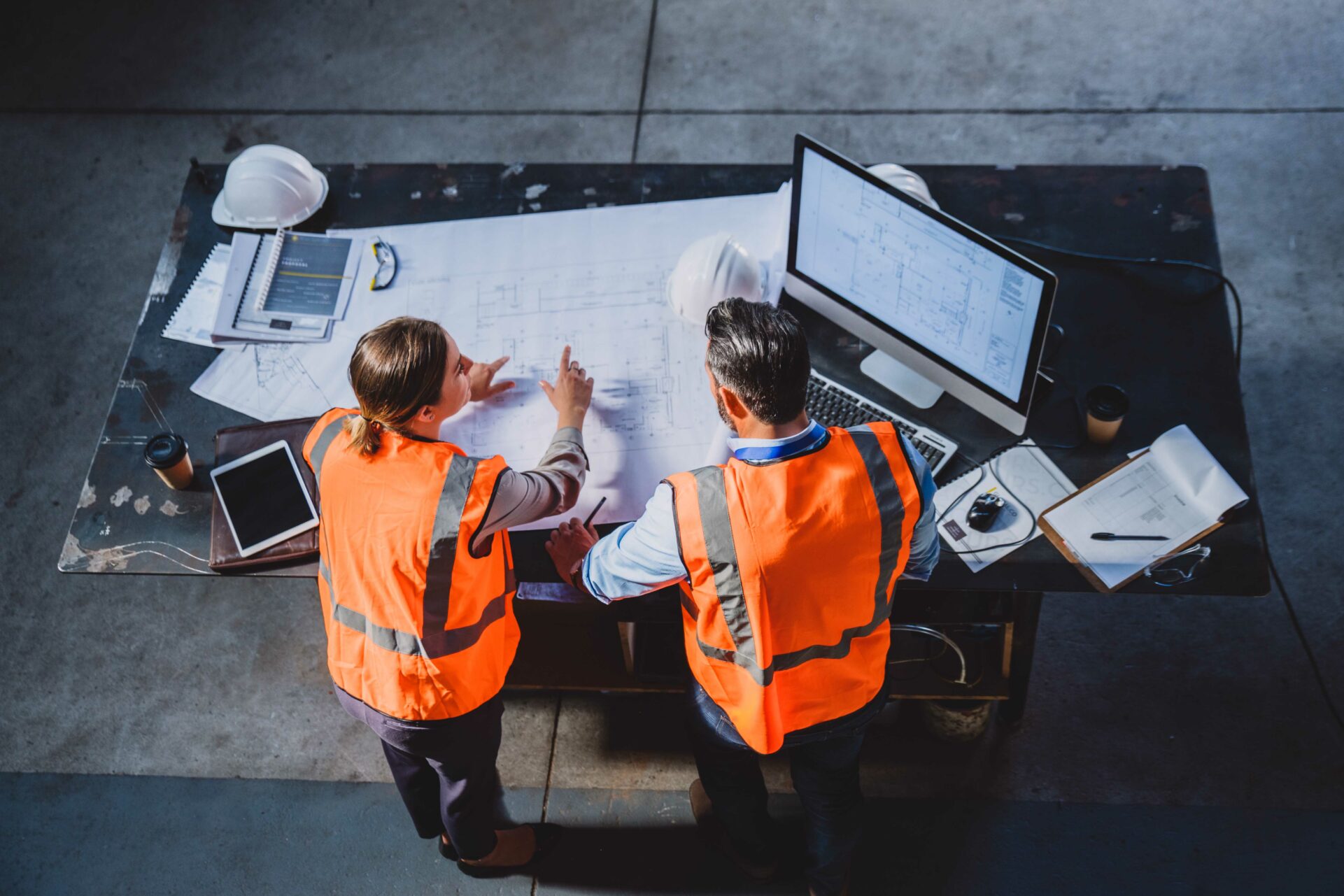In response to the August warehouse explosion in Tianjin, the State Council of China called for a thorough inventory of all hazardous chemicals. According to Caixin.com, Beijing, Tianjin, Shanghai, Sichuan, Jiangsu, Zhejiang, Hubei, Shanxi, Guangdong, Fujian, Guangxi, and other major provinces have already begun doing so. Shanghai, one of the busiest ports in the world, was the first city to enforce new hazardous material labeling requirements.
Shanghai Customs released a notification on August 15 informing the public that all hazardous imported goods must be appropriately labelled in both English and Chinese before leaving their port of origin. This policy took effect immediately. Chinese labels have to be added for all goods which have either arrived at, or are on their way to, their port of destination. Goods without a label in Chinese will be detained.
According to the Shanghai Customs notification, label content must now include the following and more:
- Product name
- Ingredients
- UN number
- Hazard pictogram(s)
- Hazard description(s)
- Emergency procedures
- Domestic emergency contact (including domestic phone number)
A Shanghai port official said, “We have been changing labels all day and night for two days” due to implementation of the new regulation, according to caixin.com. Also, some experienced freight forwarding personnel complained that the new labels are still based on information provided by the manufacturers. If the manufacturers do not provide accurate information, the new labels are a waste of time.
Shanghai Customs stated that their emergency responses to hazardous materials are based on information from container labels and the SDSs provided by manufacturers, most of which follow the Globally Harmonized System of Classification and Labeling of Chemicals (GHS). However, SDSs tend to be printed in English. This makes it difficult for truck drivers and warehouse personnel in China to quickly identify the product hazards. Additionally, GHS labels are too simplified and rely too much on professional emergency personnel. Therefore, Shanghai Customs decided to implement these new rules to provide fast and effective emergency solutions.








